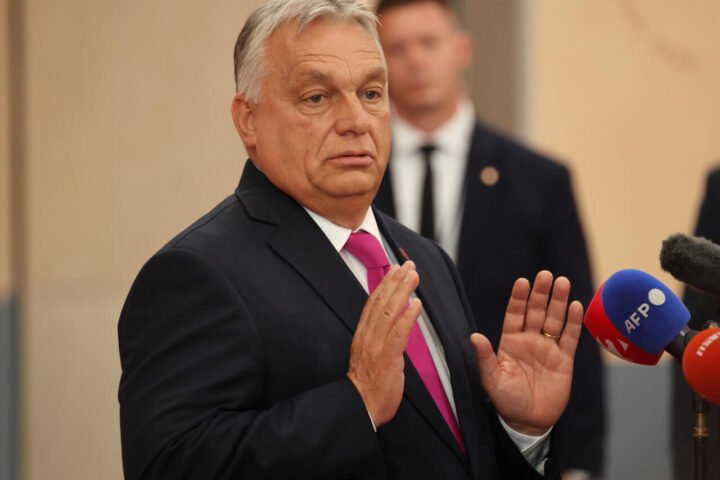The federal government reached a summer agreement around 4 AM on Monday, 21 July, coinciding with Belgium’s National Day. Senior ministers engaged in negotiations overnight regarding a series of socio-economic reforms.
Prime Minister Bart De Wever expressed his satisfaction during his first press conference since taking office months ago. He detailed the main components of the summer agreement, including pension reform, tax reform, labor market modernization and flexibilization, as well as a framework law for healthcare. The inner cabinet also confirmed the merger of six Brussels police zones.
The primary objectives of the reforms are to ensure longer working periods before retirement, provide higher net pay for workers, make work-related regulations more adaptable, and revise the financing structure of the healthcare system.
In addition to these key reforms, the agreement reflects a broader commitment to enhancing the socio-economic landscape in Belgium. The government aims to create a sustainable and effective system that benefits both workers and employers while addressing pressing societal needs.
As reactions develop, stakeholders from various sectors are expected to voice their opinions on the anticipated impacts of these reforms on the Belgian economy and public services. The summer agreement represents a significant step forward in Belgium’s socio-economic policy.
De Wever’s administration is now tasked with implementing these reforms effectively amidst potential challenges and public scrutiny, reports 24brussels.










